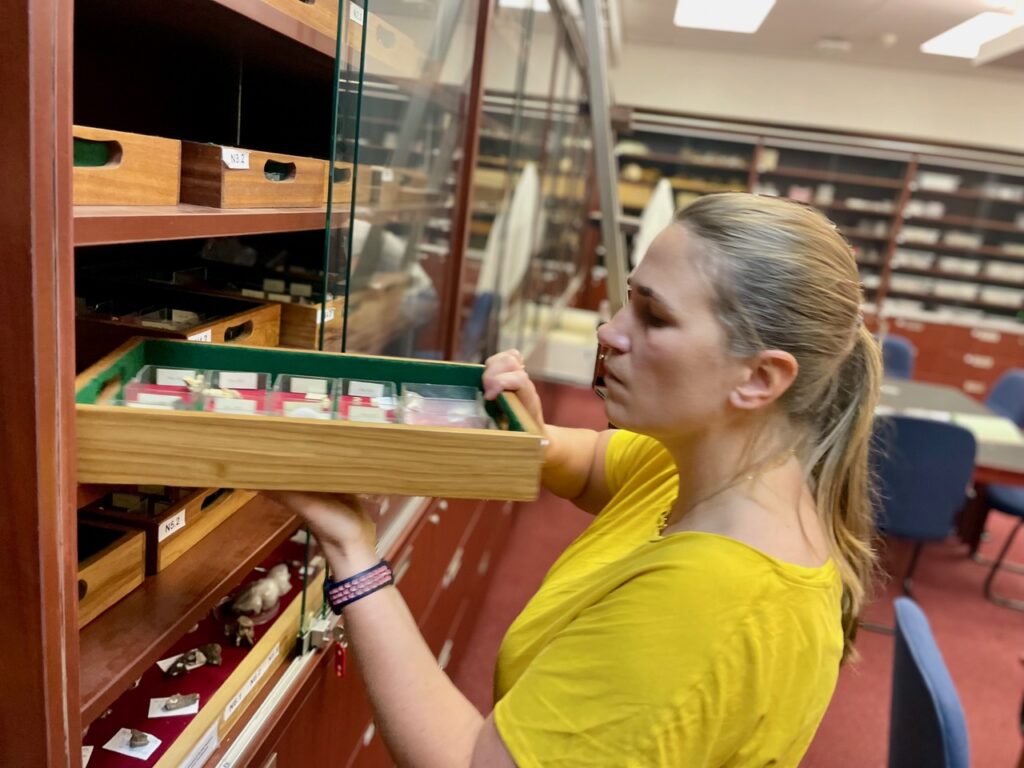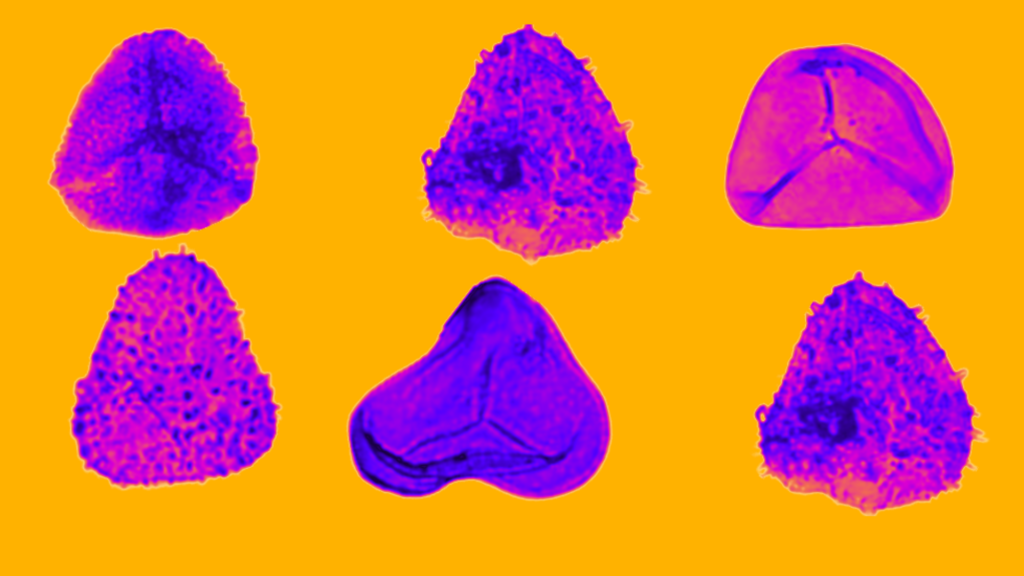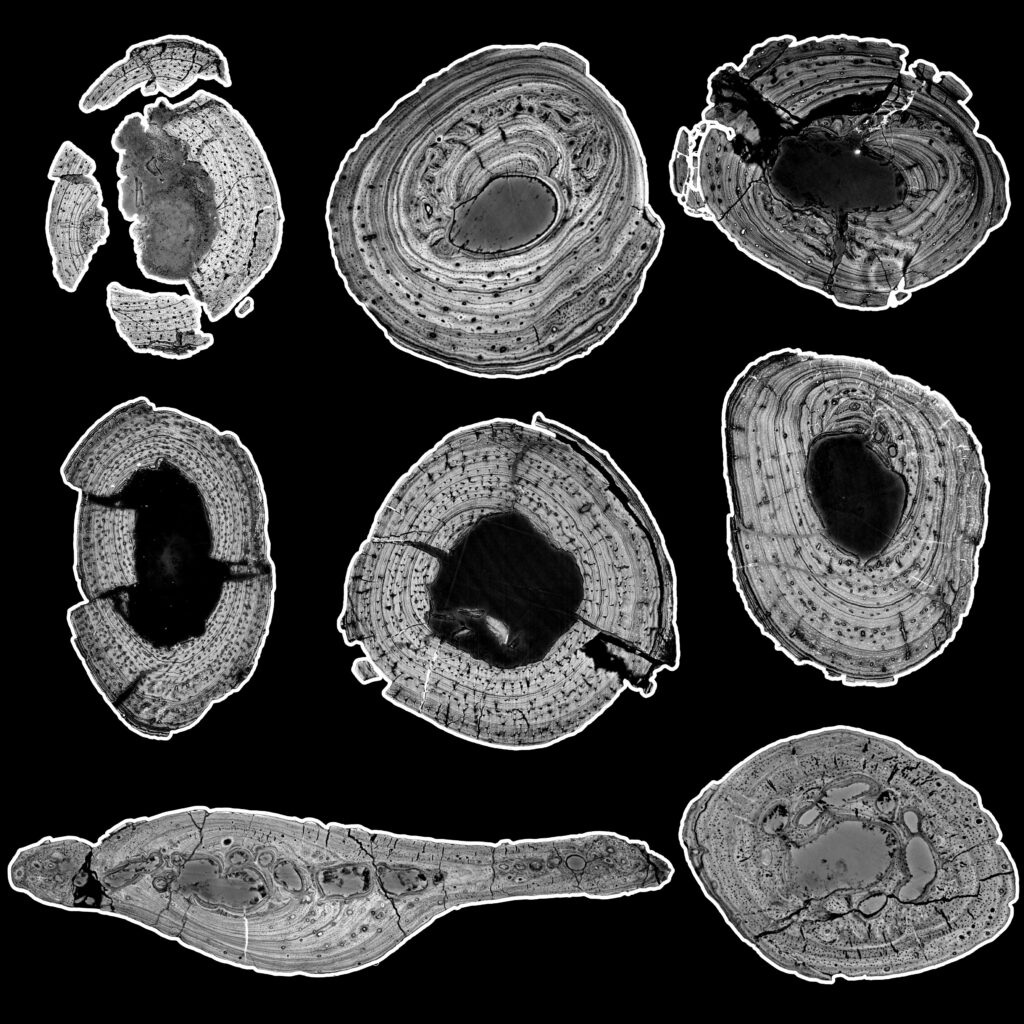Unearthing Global Power Imbalances in Fossil Research

Millions of years ago, strange creatures swam in the oceans, walked on land and soared in the skies. Nowadays, our only insights into these creatures are through their fossilised remains, representing perfectly preserved time capsules of what the world used to look like. What makes the study of fossils so amazing is that it allows us to explore the mysteries of the past and gives us insights into our future! By studying fossils we can learn about the history of species, how they evolved and changed over time, and how they adapted to changing environments.
However, a recent study has shown that the way we collect and study fossils may be biased by global power imbalances in paleontological research, giving us an incomplete picture of past biodiversity.
Global Power Imbalances in Fossil Research:
Researcher Nussaïbah Raja and her international team of researchers, Emma Dunne, Aviwe Matiwane, Tasnuva Ming Khan, Paulina Nätscher, Aline Ghilardi and Devapriya Chattopadhyay, conducted a ground-breaking study to investigate whether global power imbalances impact the distribution of fossil data worldwide. Through an analysis of the open-access Paleobiology Database and its link to socio-economic and political factors, they uncovered several significant insights.
The Influence of Socio-economic Factors:
The study revealed that geological and spatial factors do not solely determine the distribution of fossil data but are also influenced by historical and current socio-economic conditions. Palaeontologists from high- or upper-middle-income countries, primarily concentrated in northern America and Western Europe, have dominated the field, contributing to an astonishing 97% of the global published literature on fossil data. This finding is significant because, in general, researchers from these regions conducted more research abroad than in their own countries, and almost half of these studies did not involve any local researchers.

The Impact of Historical and Current Factors:
Historical factors such as colonial legacies and socio-economic indicators like wealth, education, and political stability have also played a pivotal role in shaping the global distribution of fossil data over the past three decades. As a result, countries with higher Human Development Index (HDI) scores, which reflect factors such as life expectancy, education, and standard of living, have produced a disproportionate amount of research compared to countries with lower HDIs, especially those in the Global South.

Parachute Science and Scientific Colonialism:
In addition to these imbalances, many developing countries in the Global South have experienced the phenomenon of parachute science, where researchers from developed countries conduct studies in developing nations without meaningful involvement or engagement with local communities, researchers, or institutions. Countries such as Myanmar, the Dominican Republic, Morocco, Mongolia, Kazakhstan and South Africa have become popular “research destinations,” enduring intensive parachute science and scientific colonialism. For instance, French researchers contributed 25% of fossil research in Morocco, Tunisia, and Algeria. In comparison, German researchers accounted for 17% of research on Tanzanian fossils, and British researchers conducted 10% of research on South African and Egyptian fossils.
The Importance of Addressing Power Imbalances:
These findings have profound implications. The global power imbalance in fossil research has resulted in certain countries or regions being inadequately represented and local, indigenous knowledge overlooked, leading to an incomplete understanding of past biodiversity. This knowledge gap hampers our ability to gain a comprehensive view of the processes that have shaped life on Earth over millions of years and the insights that it can provide for our collective future survival.
Promoting Diversity and Decolonization in Palaeontology:
The research team emphasises the urgent need to foster diversity and better collaboration within palaeontology. To overcome biases in collecting and interpreting fossil data, active support for researchers from diverse backgrounds and countries is crucial. By involving local communities, their knowledge and experiences can be integrated, amplifying the voices and perspectives of marginalised and underrepresented communities. Such collaboration builds trust, cooperation, and mutual understanding between researchers and the public, ultimately leading to a more accurate understanding of past biodiversity and the evolution of life on our planet.
Fossils provide us with invaluable insights into our past and the intricate tapestry of life on Earth. However, it is imperative to acknowledge and address the biases that can distort our interpretation of this precious data. By working towards a more collaborative, diverse and inclusive field of palaeontology, we can gain a more accurate understanding of the world that came before us and gain insights into solving current challenges!

At GENUS, we strive for representation in palaeontological research and support an inclusive and diverse group of researchers that will lead the way into the next era of palaeontology. Read more about their stories here, or join us to support them by donating here.





